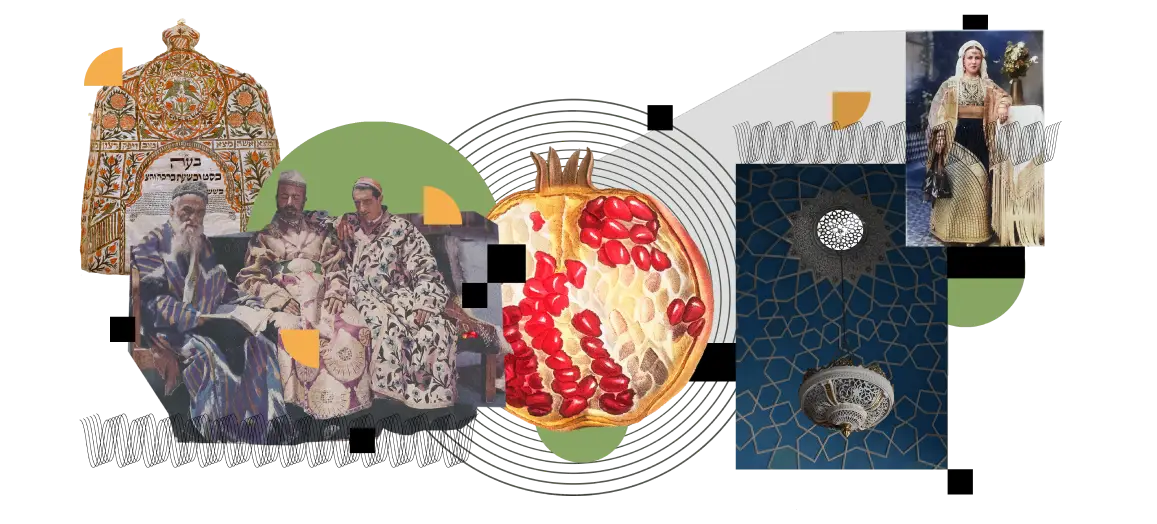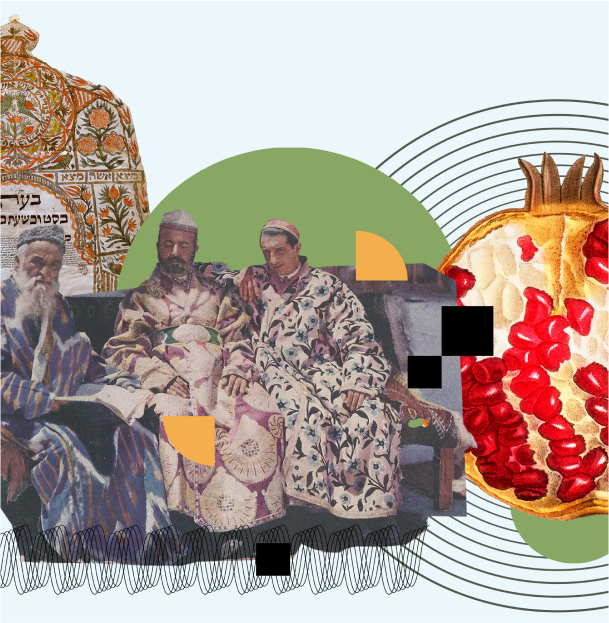How have Jews survived for millennia despite unparalleled adversity?
We inherited a safeguard of resilience through a resolute transmission of our culture, our values and trust in our God — across generations and over time.
Sephardic Jews exemplify this resilience by prioritizing honor for our communities, order in our religious liturgy and practice, and mindfulness to protect ourselves in the face of deteriorating circumstances. Many of our Sephardic traditions were organized in response to crises. In other ways, resilience has meant adapting to the resources at hand.
In this issue of Distinctions, you will read about a 16th century rabbi who laid the foundation for both Sephardic resilience and, concurrently, Sephardic Zionism. We introduce you to two families that adapted the ceremonies of yehi ratsones and bar mitzvah to fit their surroundings and express respect to their elders. You will learn about three institutions created specifically to ensure that adolescents, college students and young adults can appreciate the beauty of living a Sephardic life. We also guide you into a fascinating world of academic study that draws from the echoes of the past to ring hope for the future.
The resilience of my own ancestors weighs heavily on me. Having been exiled from Israel and Spain, finding refuge in the Ottoman Empire, my Alhadeff family made the brave and fortunate choice to leave the island of Rhodes for Seattle, a generation before the destruction of its Jewish community during the Holocaust. As the whims of time continue to change quickly and drastically, I feel compelled to reflect on my own resilience and consider the sacrifices necessary to ensure that my children can maintain a traditional Jewish life in the future.
Founded by former Jewish refugees from Libya and Egypt, JIMENA since its inception has modeled its work on the principle of resilience through transmission. Our Speakers Bureau, a backbone of JIMENA’s efforts since day one, brings highly personal displacement stories of Sephardic and Mizrahi refugees from the Middle East and North Africa to college campuses nationwide. JIMENA’s oral history project has documented those experiences, and as social media has grown, we have extended our reach across the globe to connect — in both English and Arabic — with followers on X, Facebook and Instagram.
Our Sephardic Leaders Fellowship supports K-12 Jewish educators, with JIMENA recently publishing a groundbreaking Sephardic & Mizrahi Educational Toolkit that teaches educators about Sephardi and Mizrahi heritage and helps shape inclusive school environments. Serving as JIMENA ambassadors, the 60-plus members of our Sephardic Leadership Institute provide intellectual expertise and individual commitment to promote Sephardi and Mizrahi arts, culture, women’s leadership, and grassroots community building. In the wake of October 7, JIMENA’s team demonstrated extraordinary resilience and care, mobilizing rapidly to provide culturally competent mental health crisis support to the JIMENA community, including former refugees and college students grappling with feelings of isolation.
This journal you are reading, to me, ties all of it together. As we publish our fourth issue of Distinctions: A Sephardi and Mizrahi Journal, I am proud to declare that we have succeeded in carrying out the journal’s launch objectives — to elevate the distinctive voices and ideas of Sephardi and Mizrahi scholars, artists and activists, and provide a vehicle that treats Sephardi and Mizrahi people with distinction.
Enjoy our latest!



